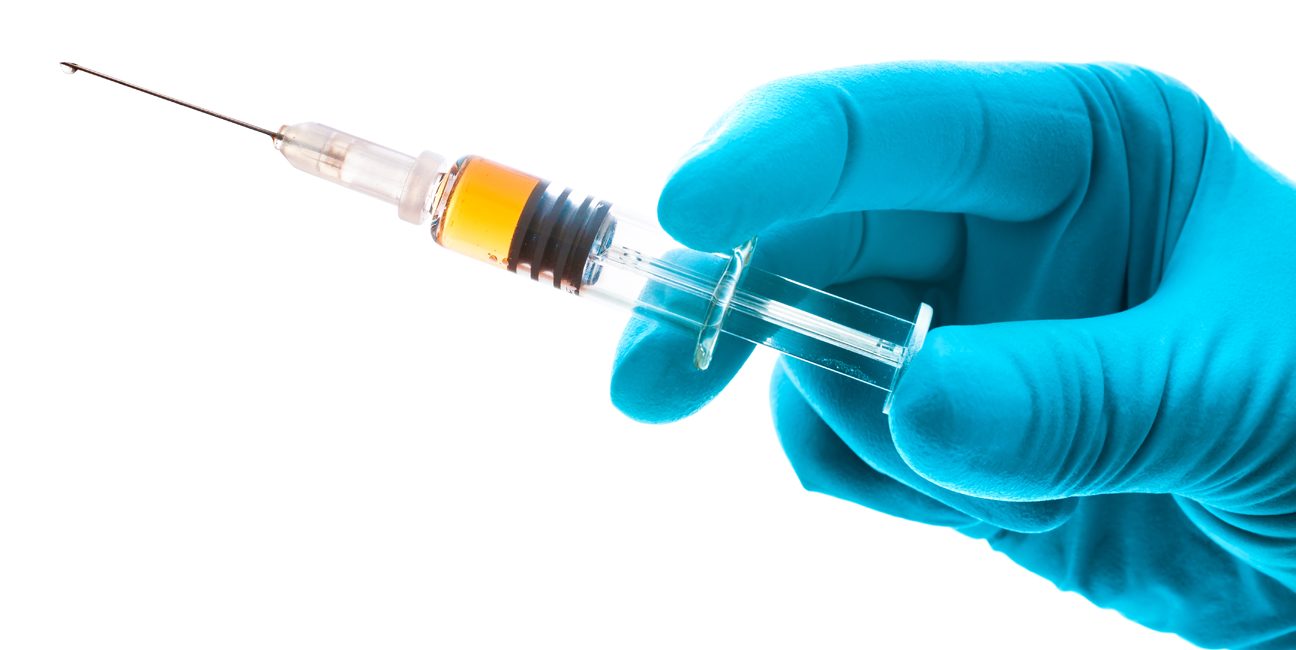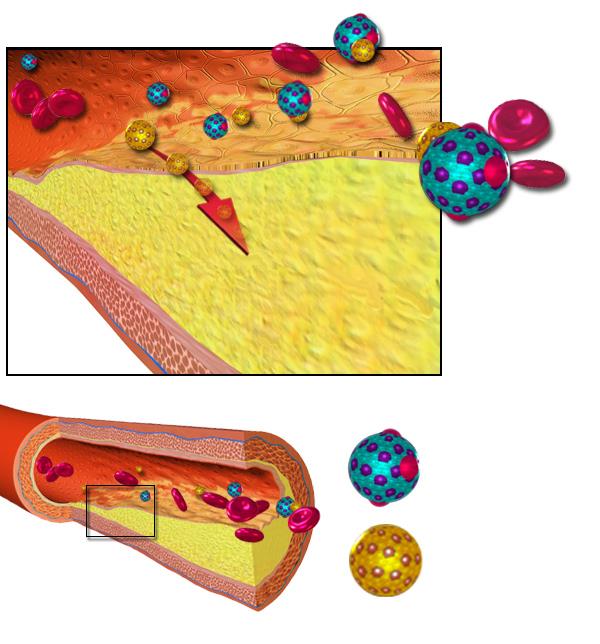Category: Science and Medicine
Antibiotics for Sinusitis
You’re a patient. That cold just isn’t getting better and you have purulent drainage from your nose, and your face hurts and your teeth hurt. You probably have sinusitis, right? You go to a doctor to get an antibiotic. You’re a doctor. Deep down, you know there’s a good chance the patient has a self-resolving condition. You’d rather not do x-rays on every patient who...

Toxic myths about vaccines
Antivaccine activists would have you believe that vaccines are loaded with "toxins" and are therefore dangerous. While there are some chemicals that sound scary in some vaccines, they dose makes the poison, and at the tiny amounts used in vaccines none of these "toxins" are harmful.
Prior Probability: The Dirty Little Secret of “Evidence-Based Alternative Medicine”
This is actually the second entry in this series;† the first was Part V of the Homeopathy and Evidence-Based Medicine series, which began the discussion of why Evidence-Based Medicine (EBM) is not up to the task of evaluating highly implausible claims. That discussion made the point that EBM favors equivocal clinical trial data over basic science, even if the latter is both...
Hype over science: Does acupuncture really improve the chances of success for in vitro fertilization?
There it was on Friday greeting me on the ABC News website: “Study: Acupuncture May Boost Pregnancy” in bold blue letters, with the title of the webpage being “Needles Help You Become Pregnant.” The story began: It sounds far-fetched sticking needles in women to help them become pregnant but a scientific review suggests that acupuncture might improve the odds of conceiving if...
Homeopathy and Evidence-Based Medicine: Back to the Future Part V
Homeopathy and Science: Discussion, Summary and Conclusions I was not surprised by a couple of the dissenting comments after Part IV of this blog. One writer worried that I had neglected, presumably for nefarious reasons, to cite replications of Benveniste’s results; another cited several examples of “positive” homeopathy studies that I had failed to mention. I answered some of those points here....

The International Network of Cholesterol Skeptics
There is an organization that calls itself The International Network of Cholesterol Skeptics (THINCS). Its members “thinc” they are smarter than the average doctor. They “thinc” that cholesterol has nothing to do with cardiovascular disease and that we have been deluded into waging a “cholesterol campaign” for which the scientific evidence is non-existent. They say, “What we all oppose is that animal...
The National Center for Complementary and Alternative Medicine (NCCAM): Your tax dollars hard at work
What’s an advocate of evidence- and science-based medicine to think about the National Center for Complementary and Alternative Medicine, better known by its abbrevation NCCAM? As I’ve pointed out before, I used to be somewhat of a supporter of NCCAM. I really did, back when I was more naïve and idealistic. Indeed, as I mentioned before, when I first read Wally Sampson’s...
Homeopathy and Evidence-Based Medicine: Back to the Future Part IV
Homeopathy and Science This week’s entry† is a summary of some of the tests of homeopathy. It is a necessary prelude to a discussion of how homeopaths and their apologists promote the method. Several tenets of homeopathy lend themselves to tests. The doctrine of similia similibus curantur (“like cures like”) was tested by Hahnemann himself, as introduced in Part I...
Alternative Flight
The following commentary is the first contribution to SBM by guest author, Mark Crislip. The airline industry in the United States is often used as an example of a complex technological system that provides high volume, inexpensive and reliable transportation to millions of people every year, that, despite sending tons of aluminum five miles into the air, has an amazing safety record....
The Role of Anecdotes in Science-Based Medicine
While attending a lecture by a naturopath at my institution I had the opportunity to ask the following question: given the extreme scientific implausibility of homeopathy, and the overall negative clinical evidence, why do you continue to prescribe homeopathic remedies? The answer, as much as my question, exposed a core difference between scientific and sectarian health care providers. She said, “Because I...

